Dan English rides to the top in cyclocoss
Former Cal High student places 5th at national championships in Connecticut
Dan English runs while carrying his bike in the Rochester Cyclocross race in September.
Junior Daniel English was five when he started watching his father race on a bike.
He rode in his first bike competition in second grade. Now, the former Cal High student has his fifth national cyclocross championship and victories in international competitions under his belt.
Despite being a lifelong biker and one of the top ranked 17-18 cyclocross riders in the US, English struggles to explain his odd passion for the sport.
“[Biking] has kind of been a spiraling black hole that sucks time and money and effort,” said English, who is sponsored by Trek Bikes, Oakley and Bell Helmets. “There’s just a weird passion for it.”
Cyclocross is a unique discipline of cycling where riders race laps on road bikes with dirt tires through a short course of rugged terrain and obstacles. Riders must navigate through dirt, grass, and sand in notoriously muddy and hilly conditions and often have to dismount and carry their bikes. These grueling races generally take 40 minutes to an hour.
English placed fifth at his most recent national championship race in Hartford, Conn. on Dec. 11 after a rough time. He was seeded third but crashed on an icy corner just two minutes in, causing a pileup. He crashed again at the end, ending in fifth, his best finish in a national championship yet.
“[The crash] messed me up a little bit, but you just can’t let it affect you,” English said. “It was more of a game of who could stay on their bike and stay the smoothest, instead of just who can be the strongest and race the fastest. I lost the game.”
English hopes to do better in his races in the UCI World Cup in Europe this week for Team USA.
Julia Violich, the director of the competitive cyclocross and mountain biking Bear National team that English races with, said English is gracious and loves to smile, but there’s one other character trait about him that makes him unique.
“The kid loves to suffer. That kind of set him apart when I first met him,” Violich said. “I was very impressed. A lot of the kids on my team are incredibly talented, but when you put someone that’s super talented and knows how to suffer, it’s pretty special.”
The vast time and effort English commits to cyclocross and mountain biking led to him enrolling in virtual learning with Venture in his junior year after attending Cal the past two years, allowing him more time to travel and race around the world.
English’s father, Jim English, remembers his son gravitated to cycling from the beginning and figured things out for himself. Jim English and his wife do their best to support him in the process and make sure he maintains his grades.
“[Dan] was super excited and pretty competitive as a five year old, even,” Jim English said. “It’s obviously a passion of mine, cycling, even though I’ve never had nothing like the talent he has. It’s really thrilling to see him compete at the highest level.”
David Sheek, English’s coach for cyclocross and mountain biking, said English’s journey to winning at prestigious cyclocross competitions was as much of a mental shift as a physical one.
The two first met at the USA Cycling Talent ID. camp that Sheek was running when English was 14. Sheek said English was talented and a bit of a show-off but not really serious about racing competitively.
“[Dan] is very light hearted and he keeps his racing fun and he makes sure that it’s never too serious,” English’s friend and teammate on the Bear National Team, 17-year-old Kaya Musgraves, said.
But English made the decision to commit to competitive cycling in early 2020. He was often discouraged by the grueling workouts without races because of the pandemic, but he made the commitment again at the end of 2020 as races came back and stuck to it.
“Eventually he came back and said he was really ready to start training a couple years ago, and that’s when he kind of saw a big mental change, as an athlete, but more just kind of maturing,” Sheek said. “When I first met him, a young guy that’s having fun and super talented, riding his bike, but as the years have gone on, he’s now at a point where he’s one of the most competitive 17-18 year old riders in the US.”
English said as he became more serious about the sport and the grueling training he had to put into it, he started to enjoy cycling in a different way.
“Between training and having to get up at whatever 5 a.m. to eat three hours before your race, it’s definitely not fun all of the time or even most of the time,” he said. “You have to learn how to thrive off personal improvement, and just seeing increases in times and power numbers and stuff like that. You have to find that fun also, because otherwise you just can’t enjoy getting faster and training.”
English’s different mindset led to excellent results. Earlier in the season, he won the Northampton International race in Massachusetts and the North Carolina Grand Prix, his first wins at a large Union Cycliste Internationale (UCI) race ever.
“I had seven international level second places leading up to this win, my first ever win, and I’ve been so close, seconds, even milliseconds off,” English said. “To finally cross that line with a good gap behind me, to be able to rest and ride into the finish nice and easy on the last little bit, it was really nice.”
English said changing his mindset while preparing for the Northampton race made the difference in winning. Instead of resting behind the leader until the end, English said he learned to take control of the race in the beginning and set the pace himself.
English follows a highly structured training plan, spending 10-15 hours a week riding 150 to 200 miles around the Bay Area, training with a variety of elevations and speeds. He and Sheek plan out specific training regimens using a program called Training Peaks, which analyzes data from a computer attached to English’s bike.
Training Peaks measures everything from English’s heart rate to temperature to the kilojoules of force he exerts with every pedal stroke. It quantifies the difficulty of his workouts and his fatigue and form levels, allowing him and Sheek to plan accordingly.
On rest days, English goes out for an easy 10-mile ride. But on workout days, he sometimes wakes up at 5:30 a.m. to cycle vigorously for up to 50 miles before resuming school as usual.
“[My biking friends and I] call it Type II Fun,” English said. “If I were to go do a 60-mile ride, I enjoy doing it because it’s my choice to do it. And it’s not like it’s gonna give you some crazy benefit for training, but you just call it Type II Fun because it’s not regular fun.“
In fact, cyclocross poses unique obstacles that often make the sport especially unpleasant. As a winter season sport that takes place heavily on the East Coast, riders often race in 30-degree weather through muddy and wet terrain. Crashes happen often.
“You end up having to race road bikes in the most unpleasant conditions you could ever imagine,” English said. “With cyclocross, there’s so much that can go wrong.”
English recalled a December race in Chicago when he had to strip off his skinsuit and have his mechanic pat him dry after an intense warm up. If he hadn’t dried off, the sweat would have painfully frozen to his body.
Transporting his gear across the country also poses difficulties. Due to bringing two bikes, 10 wheels, and all kinds of spare parts, English ends up driving to other states instead of flying.
On the occasions he does fly, English has experienced his fair share of mishaps. English remembers when his team’s recovery massage oil didn’t get through TSA and they resorted to olive oil instead, causing everyone on his team to smell like olives. There was another time when TSA lost his bike headset, and once he even missed a flight to North Carolina when he was alone.
“I got [to the airport] well over an hour before my flight, and the plane boarded,” English said. “And I was just sitting there.”
But traveling for cyclocross is also rewarding for English in many ways.
“I meet people from all over the country and even the world now, and I get to experience new places,” English said. “But I also get to see hours and hours of work that I put into training pay off.”
For the rest of the season, English will be in Sittard in the Netherlands leaving on Wednesday with 15 other young adult riders on Team USA to race in the UCI World Cup in the Netherlands, Belgium, and Germany for the first time. He also hopes to be selected to compete for the US in the UCI Cyclocross Hoogerheide Championships in the Netherlands in February.
English said he is going without expectations to learn and see where he is at. Cyclocross is generally a European-dominated sport, and English and Sheek say that the US men don’t win very often.
“It’s not very common for US racers to go to Europe and get great results, and I would say the group that Dan is in right now, 17-18 men, are a lot more talented than the riders we’ve seen in a long time,” Sheek said. “It’s going to be exciting to see him and a few of his friends go over there and make an impact on the race scene.”
Added English, “Typically, the US men are not quite there. But the juniors, like my age group, we’re trying to bring it back.”
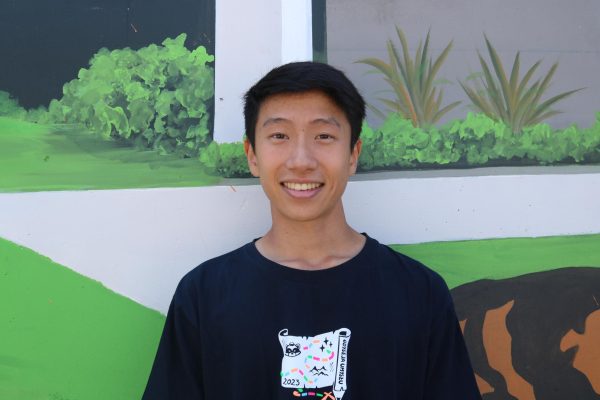
Senior Andrew Ma is Editor-in-Chief of The Californian Paper. Now that he is officially geriatric after writing for the paper since freshman year, he is...

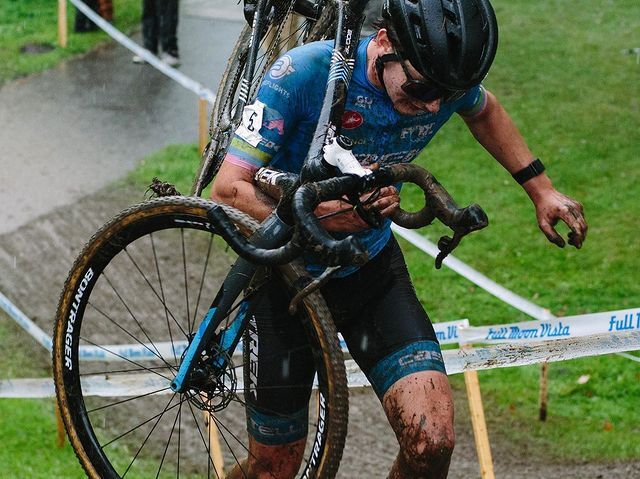
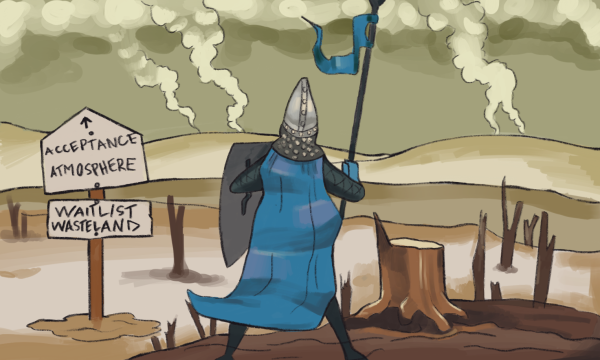

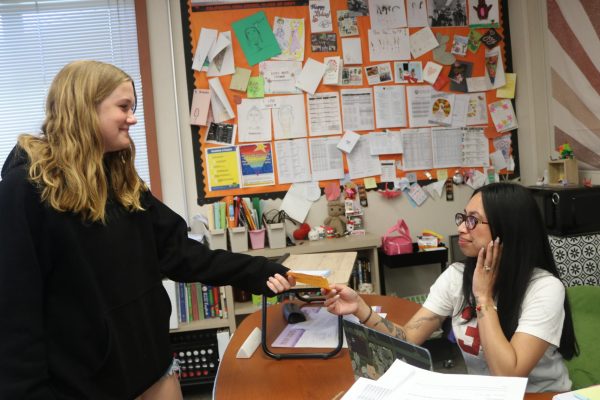
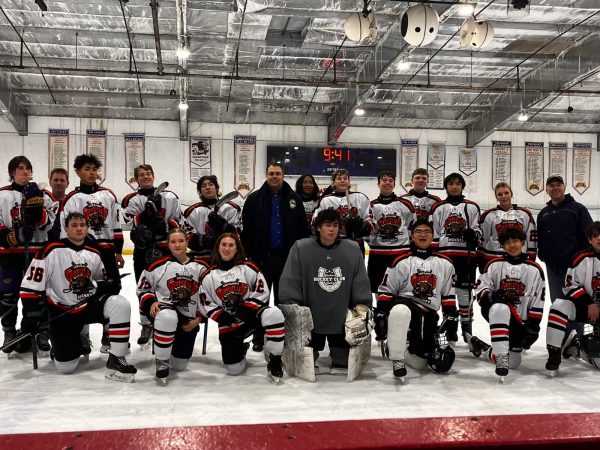
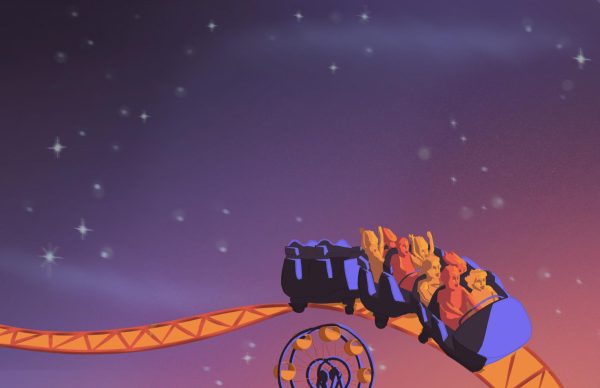
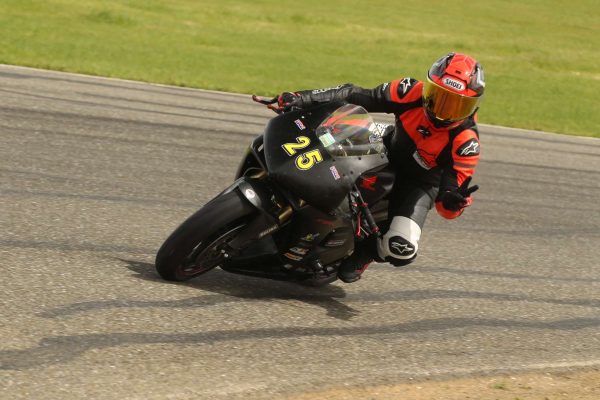
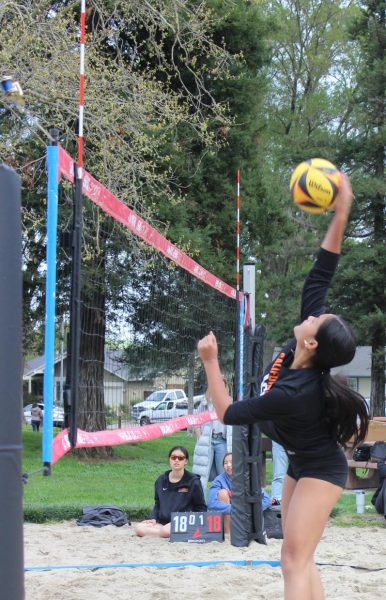
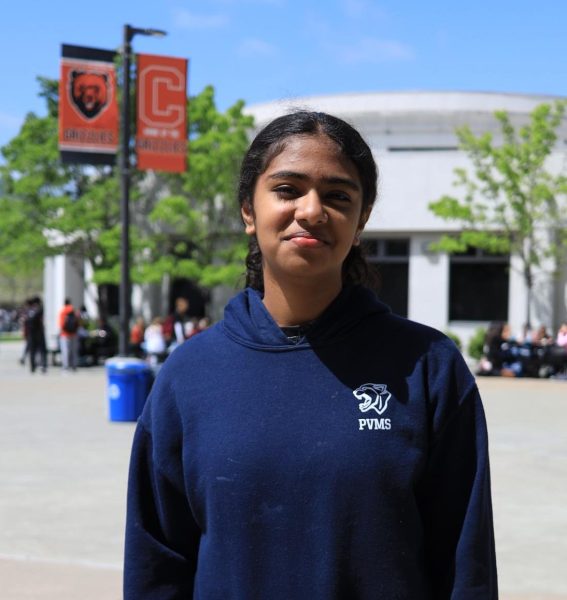
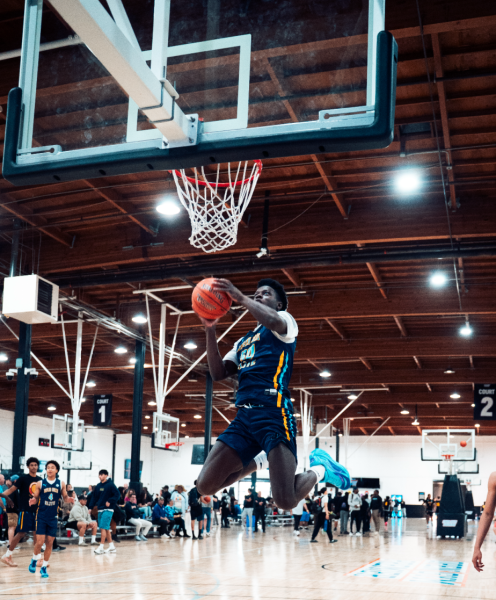
Ray English • Feb 3, 2023 at 1:42 pm
Good luck at the Worlds Dan
My name is Ray English and am 78 and live in Australia….I rode a few crosses in Belgium in the early 1970’s…Erik De Vlamnick was my hero
Have a great day Dan
Ray English